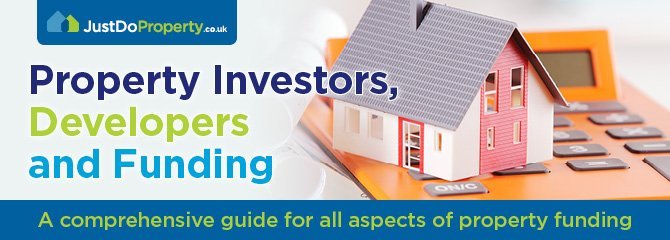
The Halifax House Price Index (HPI) has prompted significant discussion between property experts. The annual rate of growth in 2018 was an impressive 1.3% which was well within the margins which Halifax had predicted of between 0% and 3%. According to the Halifax HPI, the average property in the UK now costs £229,729 and despite the doom and gloom of Brexit, Halifax actually predicts a stronger 2019.
Facts behind the figures
Those who believe the UK property market still offers value for money will no doubt point towards the 2.2% monthly increase between November and December. By any stretch of the imagination this is a phenomenal rise in property prices especially with the political uncertainty, economic challenges and the dark clouds of Brexit. However, to temper enthusiasm it is worth noting that November was a very weak month and the December figure benefited from this. Overall UK property prices fell by 0.4% in the final three months of 2018.
Russell Galley, managing director of Halifax, is upbeat about the UK property market for 2019 confirming that:
“We’re expecting continued stability in house prices with between 2% and 4% price inflation. This is slightly stronger than 2018, but still fairly subdued by modern comparisons.”
Regional markets

As expected, London and the South-East continue to bear the brunt of political fallout in relation to the Brexit debacle. The “froth” has been well and truly blown off the top of these markets and premiums have disappeared.
The rest of the UK housing market is benefiting from investors looking for long-term value perhaps based more on rental income as opposed to potential capital growth. The only regional market in the UK to post an annual fall in house prices was the North-East which has its own specific issues.
The Brexit cloud continues to hover

Whether we like it or not, it is very difficult to get away from the elephant in the room which is Brexit. Just when you thought the politicians were edging towards a resolution we then see:-
- The biggest voting loss by a sitting government in nearly 100 years
- A vote of no-confidence in Theresa May’s government
Ironically, the aftermath of a badly handled no-confidence vote, which was triggered in the hope of prompting a general election, has seen enormous pressure placed on Jeremy Corbyn and his shadow cabinet. If anything, the political mess in the UK is worse today than it was just prior to the biggest voting loss by a UK government in nearly 100 years!
Observations from the UK housing market
There is no doubt that buyers and sellers are still erring on the side of caution amid uncertainty regarding Brexit negotiations. While foolish to suggest it would be a smooth ride for the UK economy in the event of a no deal Brexit, these are uncharted waters. Anyone who tells you they “know” what will happen with Brexit is simply grasping at straws. The most likely path would be an extension of Article 50 to give further breathing space to resolve both UK constitutional matters and re-open negotiations with the European Union.
It is worth taking a reality check in relation to the UK housing market:-
- Average deposits of £20,000 for non-London properties and £80,000 for London properties are not assisting mortgage affordability – especially for first time buyers
- UK interest rates are unlikely to rise in 2019 as a consequence of the many political and economic challenges ahead
- Underlying demand for UK property, from both domestic and overseas investors, is likely to support prices for the foreseeable future
- Mortgage rates in the UK are unlikely to rise significantly as a direct consequence of the outlook for UK interest rates
- Buyers are still reluctant to buy and sellers are not prepared to sell into this uncertainty
Summary
Reduced activity within the UK housing market was to be expected as a consequence of political/economic uncertainty. However, many analysts believe there is a bottleneck of business waiting to be done as and when Brexit and ongoing constitutional issues are resolved. Therefore, it is difficult to see any significant fall in property prices outside of London and the South-East of England during 2019.
As we have mentioned before, there is a growing opinion that the historic focus on London and South-East markets meant many investors overlooking the value of property in the Midlands, South West and the North of England. Relatively high rental yields, relatively low prices together with potential for capital growth in the short, medium and longer term are finally being recognised.
London and the South-East will be back, but at the moment the rest of the UK housing market is enjoying its day in the sun. It has been a long time coming!
- Selling a House in a Trust After Death: What You Should Know - April 18, 2024
- Maximising Your Home’s Potential: The Ultimate Renovation Checklist - April 16, 2024
- Key Tips on Managing Your Property Portfolio - April 16, 2024


